#6503
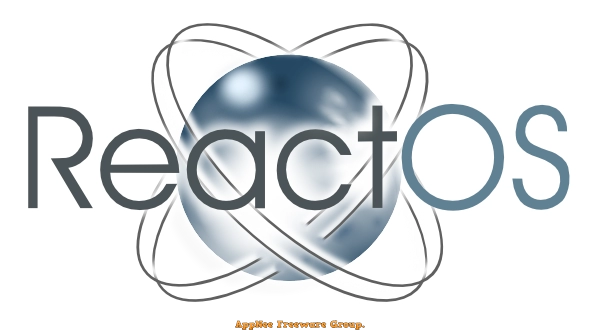
ReactOS is a free, open-source Windows NT-like operating system for both 32-bit and 64-bit personal computers, originally developed in 1996. It maintains system-level compatibility with Windows (including computer programs and device drivers developed for Windows Server 2003 and later versions of Windows), and is committed to becoming a perfect replacement for the Windows NT series.
Loading...
Loading...
Loading...
Loading...
#6088
OpenWrt (short for Open Wireless Router) is an excellent open-source embedded operating system based on Linux, and primarily used on home routers to route network traffic. It can run on various types of embedded devices, including CPE routers, residential gateways, smartphones, pocket computers. It is also possible to run OpenWrt on personal computers and laptops.
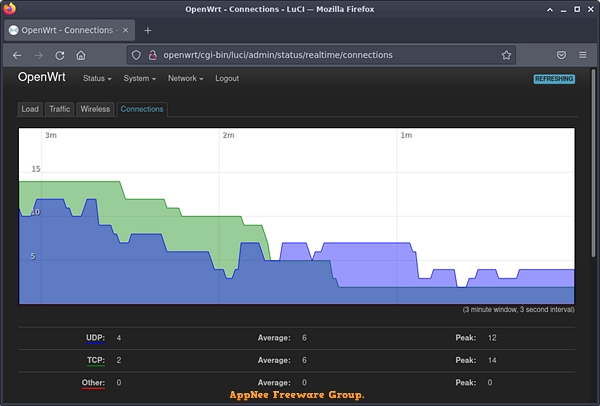
Loading...
Loading...
Loading...
#5290
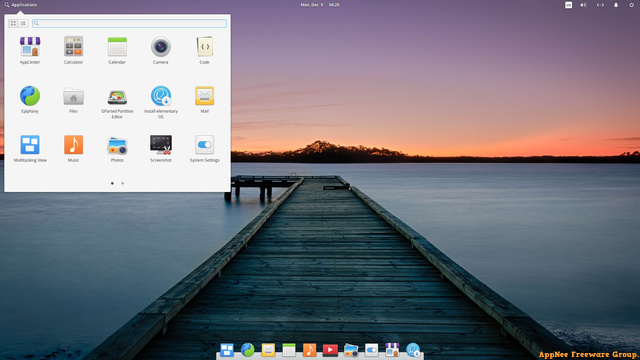
In fact, we are using Linux OS every day and everywhere, but most people don't realize it at all. The reason is that the only area that Linux has not conquered is the desktop operating system, which most people can touch is either Windows or Mac. Even Linux has dominated the Internet of things, mobile phone and data center, it's still considered out of the mainstream if it doesn't succeed in the desktop OS field.
Loading...
Loading...
Loading...
#5074
Ubuntu has become bloated and extremely slow (even has started to follow the trend of quickly refreshing the version number, and indulges in this disgusting behavior) for a long time, and its requirements for hardware configuration has far exceed those of Windows now. In other words, running an Ubuntu OS today means making your computer fan spinning at a full jump all the time. The noise of fan alone is painful enough. As a result, more and more people are abandoning Ubuntu, meanwhile increasing lightweight alternatives has emerged and are emerging, and many of them are even able to run smoothly on a USB device, not to mention HDD or SSD. Thereinto, Manjaro is one of the best.
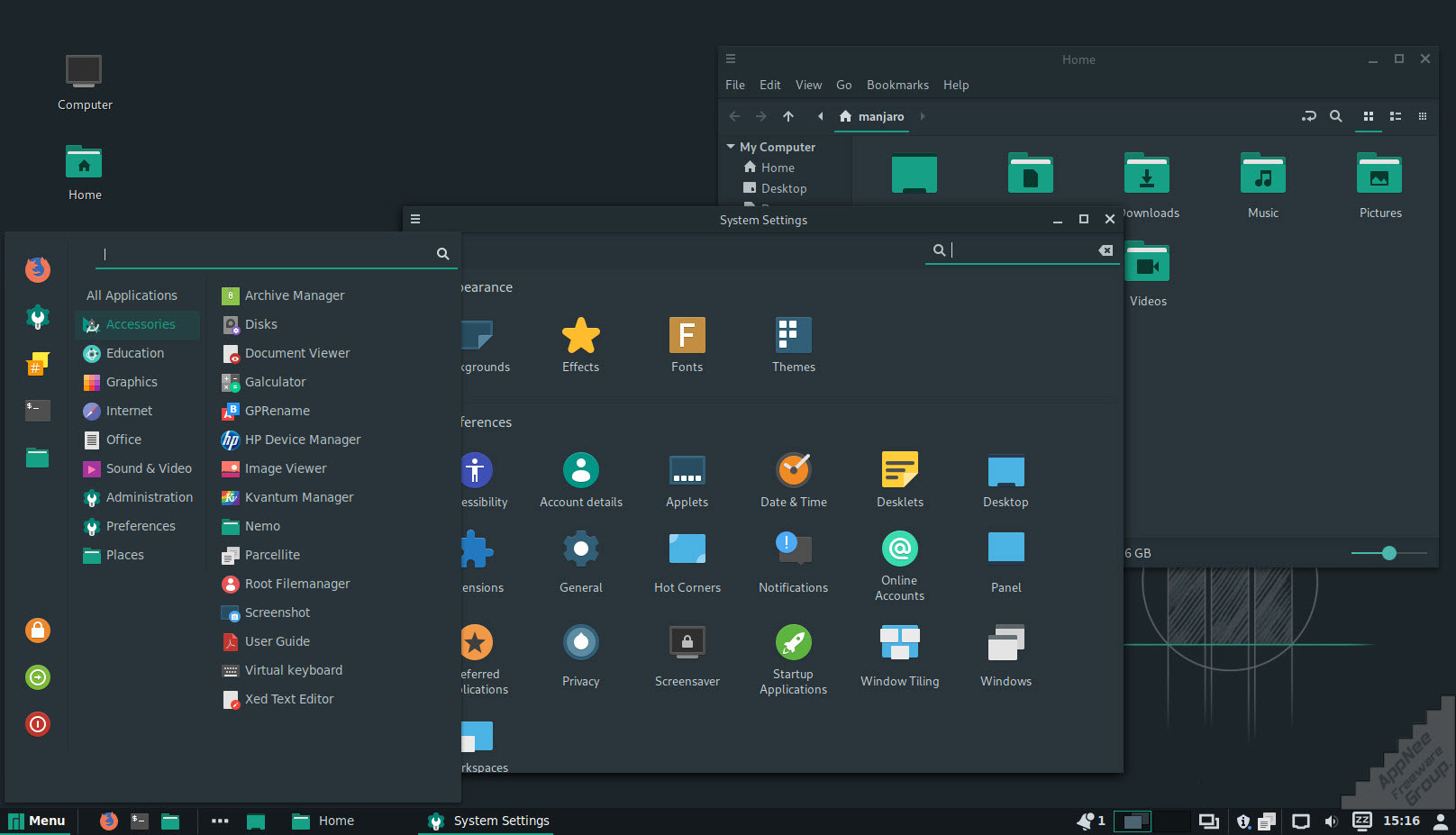
Loading...
Loading...
Loading...
Loading...
#5031
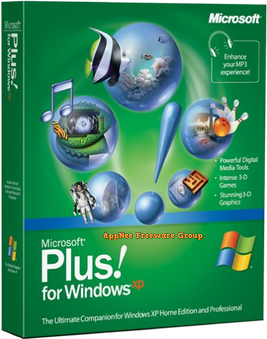
The essence of Microsoft Plus! is a series of add-on packs and operating system enhancement components offered by Microsoft. The first version of this series is Microsoft Plus! for Windows 95, released in 1994; and the last version is Microsoft Plus! SuperPack for Windows XP (a single combination of its first two versions for Windows XP: Microsoft Plus! for Windows XP + Microsoft Plus! Digital Media Edition), released in 2004.
Loading...
Loading...
Loading...
Loading...
#5030
The ever most widely used and important operating system was Windows 98. Its predecessor is Windows 95, which is a direct successor to Microsoft's prior standalone operating systems MS-DOS and Windows 3.1. As a major milestone of Microsoft's operating system, many of the classic features and designs that Windows 95 first introduced, such as the Start Menu, My Computer, as well as the classic card game - FreeCell, are still in use today.
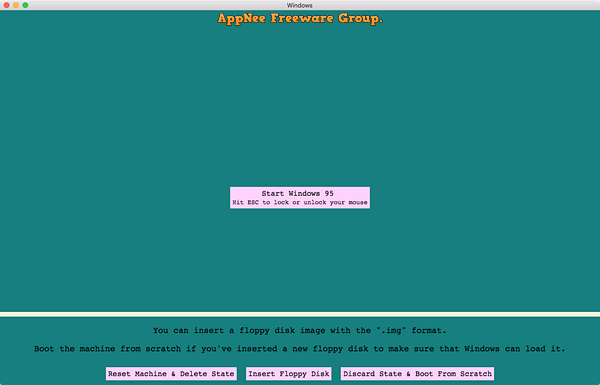
Loading...
Loading...
#4616
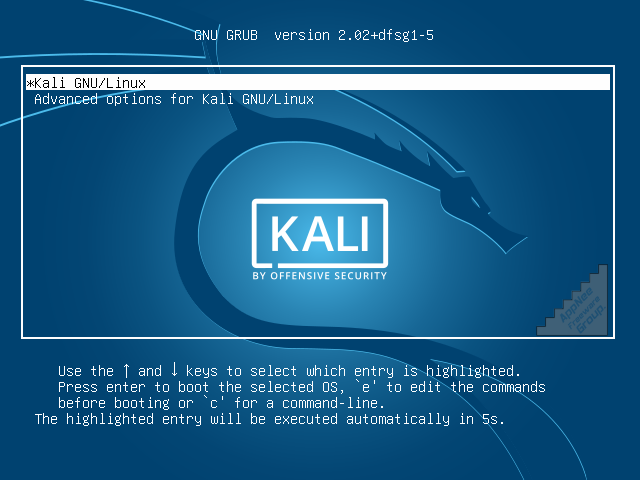
Kali Linux (successor of BackTrack Linux) is a free and open-source Debian-based Linux distribution funded and maintained by Offensive Security from Switzerland. Users can boot and use this OS via hard disk, live CD or live USB anytime and anywhere. Almost all open-source tools used for digital forensics, penetration testing, ethical hacking and network security assessments are included. There is no need to prepare and maintain this Linux distribution (including gathering all those software and their dependencies) by yourself, or to install any software and save any files on Kali.
Loading...
Loading...
Loading...
Loading...
Loading...
#4615
Amiga Forever is an Amiga computer and operating system emulator suite developed by Cloanto IT srl (developer of Commodore/Amiga software founded in 1986) from Italy and first released in 1997. It enables Amiga software to run on non-Amiga hardware platforms (Windows, Mac OS X and Linux) legally and without any complex configuration.
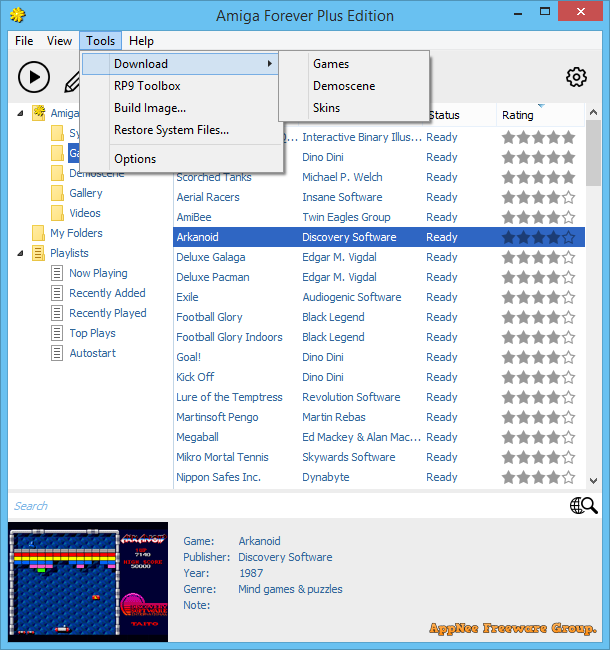
Loading...
Loading...
Loading...
Loading...
Loading...
Loading...
Loading...
Loading...
#4438
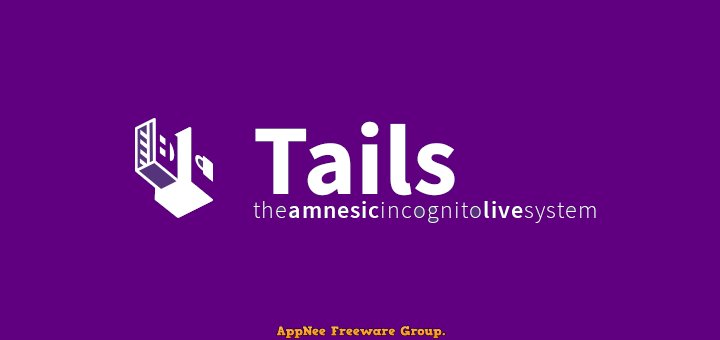
According to the developers of Tails: NSA (National Security Agency) has taken a number of approaches to put pressure on many free software projects and their developers. And, during a LinuxCon technology conference, the founder of Linux, Linus Torvalds revealed that the NSA hoped to install a backdoor in his operating system. In other words, for even Linux distributions, they are not absolutely safe now.
Loading...
Loading...
Loading...
Loading...
#4414
MOFO Linux was originally designed as one portable and bootable Linux distro (developed on the basis of Ubuntu, can be installed on HDD, USB flash drive, SD card or burned into Live DVD/USB using the included Startup Disk Creator, UNetbootin, or "DD copy method") that can be used on public computers for protecting user privacy. Gradually, it developed into one Linux operating system that emphasizes multimedia, VPN, proxy, file encryption, and disk wiping features.
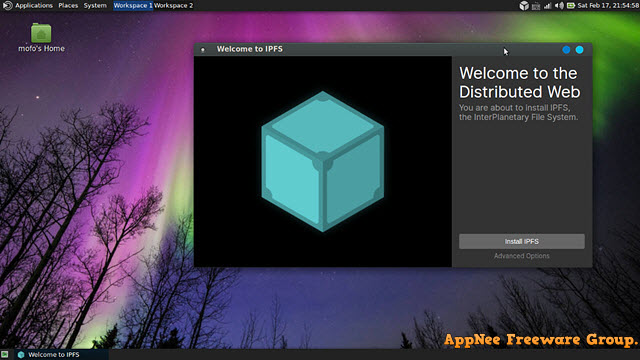
